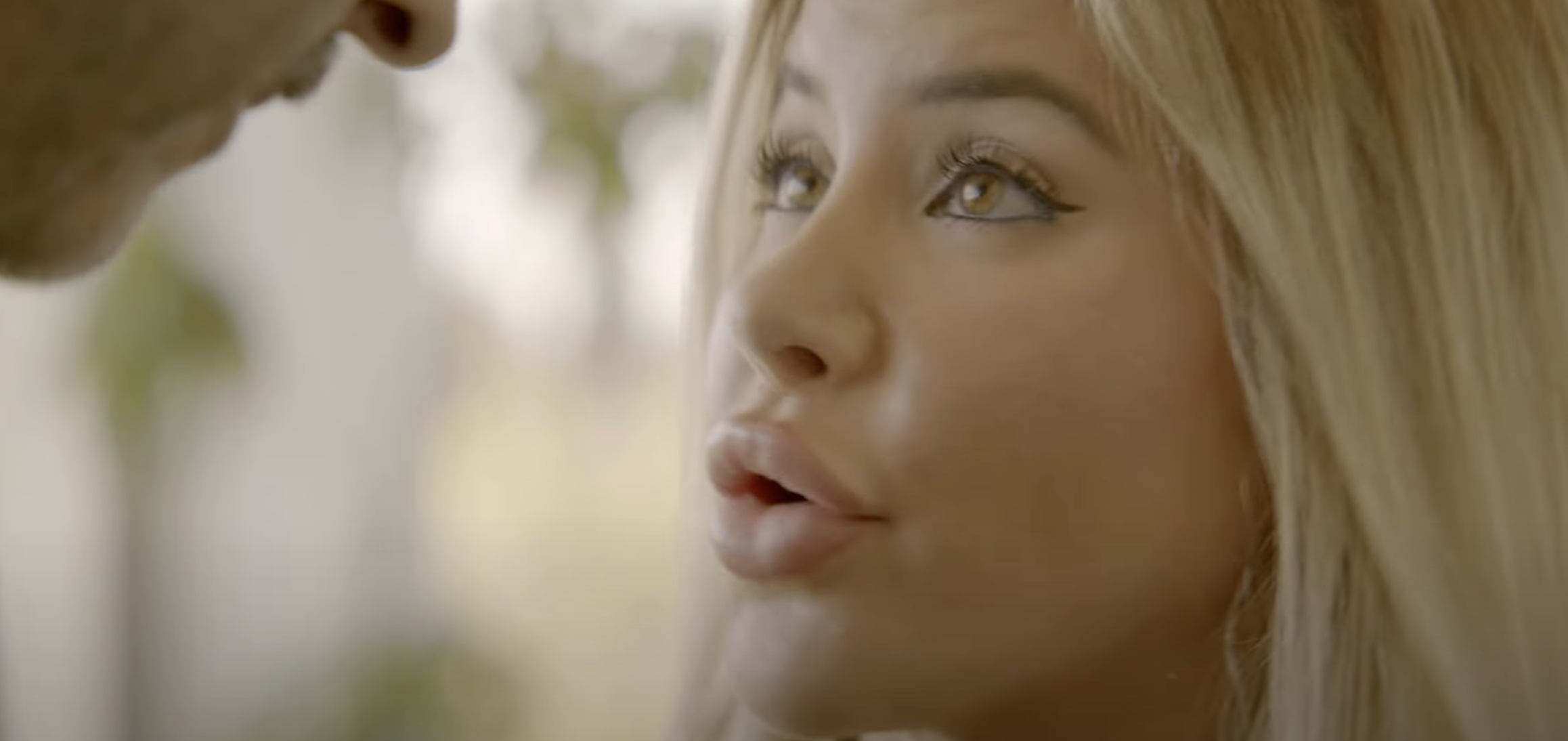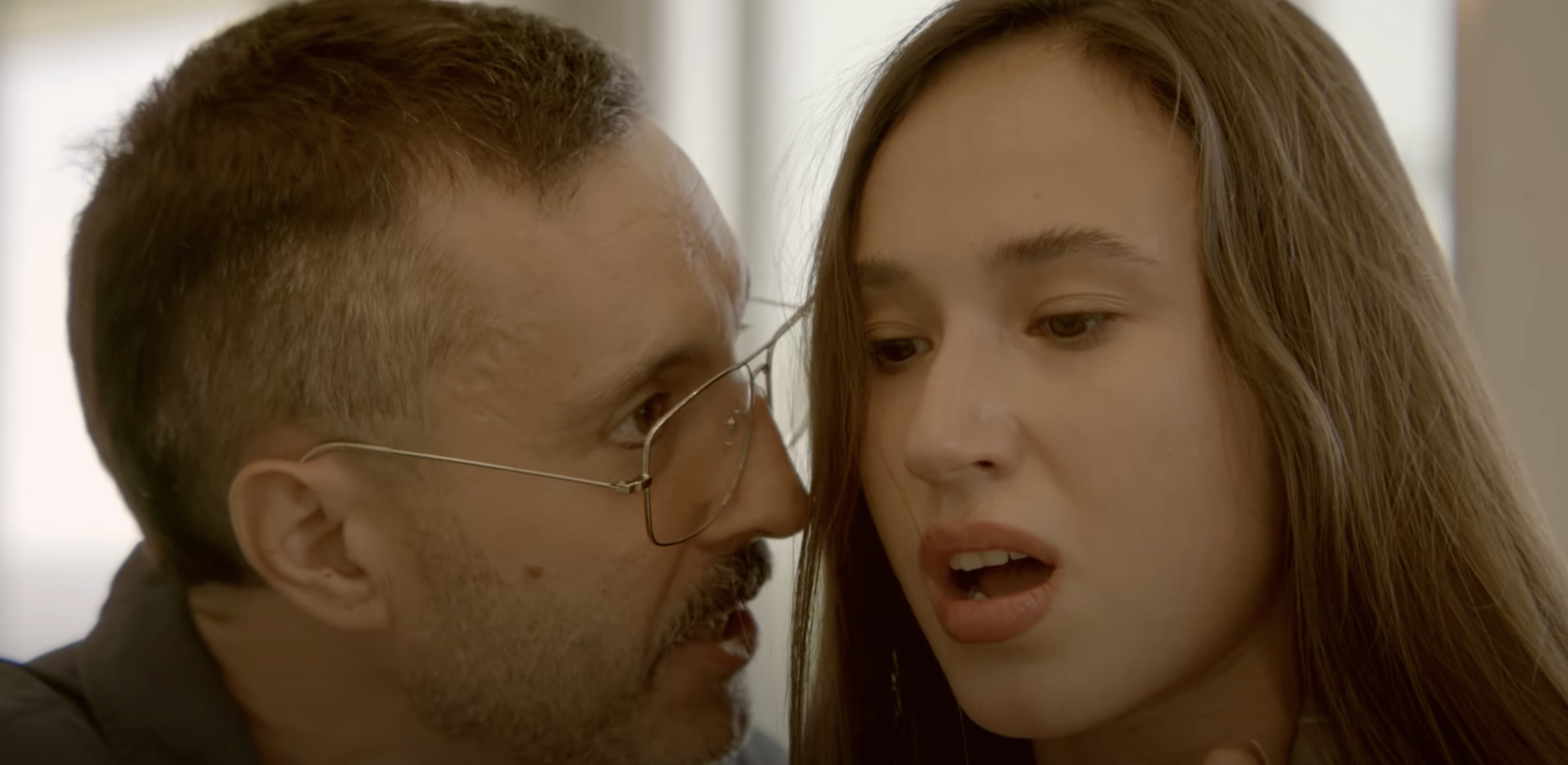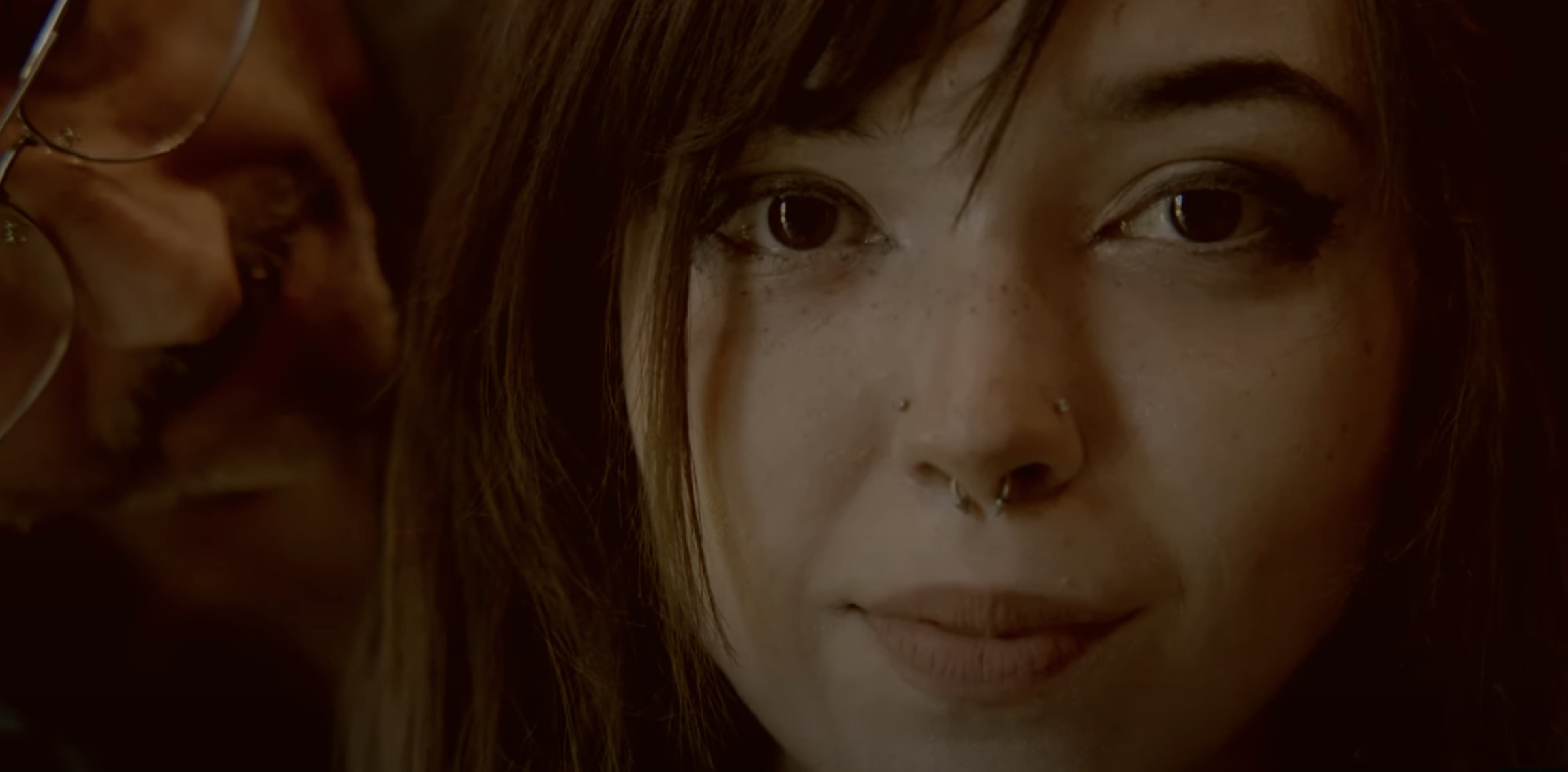Jamie Grefe’s Bad Girl School is a strange, sincere little film that somehow balances between gritty drama, motivational experiment, and offbeat character study. What could have easily been another “girls gone wrong” exploitation flick instead aims for something surprisingly heartfelt — a movie about second chances, trust, and the messy process of change.
The story follows John Mahler (played by Grefe himself), a self-styled behavioral reform specialist brought into the troubled Brunswick Academy, a Los Angeles private school that doubles as a last stop for “wayward girls.” Principal Stevenson (Bryan Brewer), buried under gambling debts and administrative chaos, hires Mahler as a final act of desperation. His mission: fix the girls, fix the school, and somehow restore order before everything collapses.
From there, Bad Girl School plays like a lo-fi blend of Stand and Deliver and Dangerous Minds, but filtered through Grefe’s idiosyncratic tone. The girls — each defined by her own dysfunction — form the heart of the movie. There’s Mary, a manipulative spender; Cassidy, a conniving college dropout; Jennifer, the jaded recluse; Jessica, a go-go dancer with a violent streak; and Bianca, a self-destructive millionaire’s daughter. They’re archetypes, yes, but they’re drawn with enough personality to feel distinct. The ensemble, featuring Julia Burenok, Briana Rowe, Maggi Nowlan, Christina Fielding, and Kristine Thompson, delivers performances that oscillate between raw and awkward, but always seem to come from a place of honesty.
Grefe’s direction is straightforward and unpretentious. Much of the movie is built around group confrontations and dialogue-heavy therapy sessions — scenes that could easily drag but are often carried by their sheer commitment to emotional intensity. When the film works, it’s because of its earnestness: Mahler’s belief that no one is beyond redemption feels genuine, and Grefe plays him with a mix of conviction and quiet instability that keeps things unpredictable.
That said, Bad Girl School isn’t without its issues. The pacing is uneven, the cinematography often static, and a few exchanges feel more like acting-class exercises than lived-in moments. A late-film act of violence (which arrives abruptly and is never fully dealt with) will likely divide viewers — it’s shocking, but not in a way that feels fully earned. And while the film’s restraint from sleaze is admirable, it can also leave the world of Brunswick Academy feeling oddly sterile, as if the emotional stakes never quite match the dramatic setup.
Still, there’s something admirable about the sincerity at play here. Grefe isn’t trying to make a slick thriller or an exploitative “bad girls” fantasy — he’s making a movie about damaged people trying, however clumsily, to do better. That human core gives Bad Girl School its staying power.
Ultimately, Bad Girl School won’t be for everyone. It’s talky, uneven, and sometimes frustratingly subdued. But it’s also strangely moving — a small, oddball redemption story that wears its heart on its sleeve. In an era of irony and overproduction, that’s something worth appreciating.
Verdict: Imperfect but sincere — a rough-around-the-edges redemption drama that believes in the possibility of change.
Jessie Hobson





